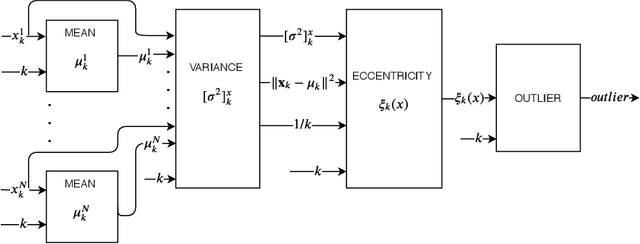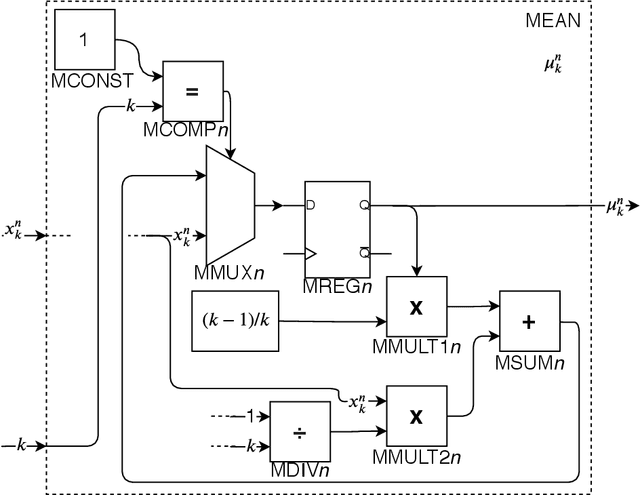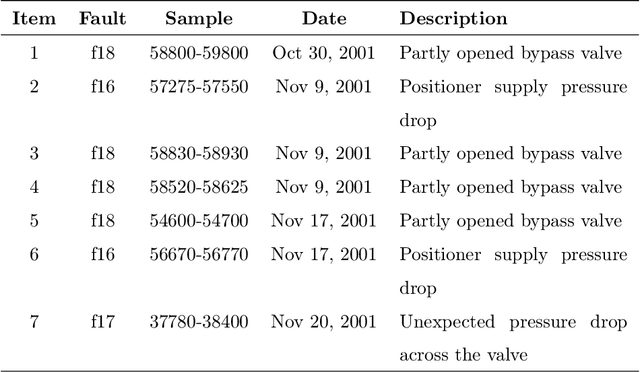M. Dolores Ruiz
Exploring social bots: A feature-based approach to improve bot detection in social networks
Nov 10, 2024



Abstract:The importance of social media in our daily lives has unfortunately led to an increase in the spread of misinformation, political messages and malicious links. One of the most popular ways of carrying out those activities is using automated accounts, also known as bots, which makes the detection of such accounts a necessity. This paper addresses that problem by investigating features based on the user account profile and its content, aiming to understand the relevance of each feature as a basis for improving future bot detectors. Through an exhaustive process of research, inference and feature selection, we are able to surpass the state of the art on several metrics using classical machine learning algorithms and identify the types of features that are most important in detecting automated accounts.
Hardware Architecture Proposal for TEDA algorithm to Data Streaming Anomaly Detection
Mar 08, 2020



Abstract:The amount of data in real-time, such as time series and streaming data, available today continues to grow. Being able to analyze this data the moment it arrives can bring an immense added value. However, it also requires a lot of computational effort and new acceleration techniques. As a possible solution to this problem, this paper proposes a hardware architecture for Typicality and Eccentricity Data Analytic (TEDA) algorithm implemented on Field Programmable Gate Arrays (FPGA) for use in data streaming anomaly detection. TEDA is based on a new approach to outlier detection in the data stream context. In order to validate the proposals, results of the occupation and throughput of the proposed hardware are presented. Besides, the bit accurate simulation results are also presented. The project aims to Xilinx Virtex-6 xc6vlx240t-1ff1156 as the target FPGA.
 Add to Chrome
Add to Chrome Add to Firefox
Add to Firefox Add to Edge
Add to Edge